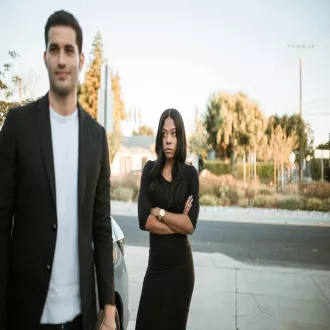Transcription Mediation: a bridge to dialogue
Mediation is a voluntary process in which a neutral third party, known as a mediator, helps the parties in conflict to communicate, understand each other and find common solutions on their own.
The mediator does not make decisions or impose solutions; his or her role is to facilitate dialogue, maintain fairness and create a safe space where the parties can talk.
It is a channel that guides people to resolve the conflict on their own.
This process is particularly useful when direct dialogue has failed or when emotions are so intense that the parties can no longer listen to each other.
Characteristics of a good mediator and stages of the process
A good mediator should have qualities such as neutrality, i.e., not taking sides.
You must also be empathetic, knowing how to listen without judging, and have the synthesis capacity to identify what really matters.
If you cannot be neutral in a conflict, the wisest thing to do is to find someone else to act as mediator.
The process of effective mediation follows a series of steps to ensure a successful outcome:
Preparation and clear framework: The process, its rules and what is expected of each party are explained to the parties, creating a space of respect without interruptions or disqualifications.
Active listening by both parties: Each person presents his or her version of the conflict.
The mediator listens, asks questions to clarify and summarizes what has been understood to validate the information.
Identification of common interests: The mediator helps to go beyond rigid positions to discover the real needs of each party, such as recognition, fairness or respect.
Exploration of possible solutions: The parties are encouraged to think about different options.
The goal is to find agreements that both parties can accept, even if they are not perfect.
Constructing a concrete agreement: Once a workable solution is found, clarify what each party will do, in what time frame and under what conditions.
Sometimes, putting the agreement in writing helps to avoid future confusion.
Mediation does not seek for one party to win, but rather to restore understanding and create an agreement born out of dialogue, which will always have more strength than an imposed one.
In a world where comple
mediation a bridge to dialogue




